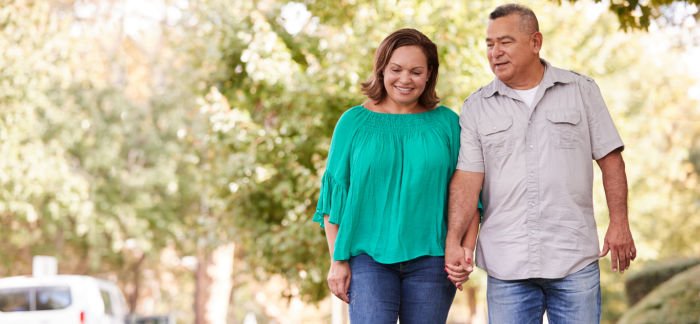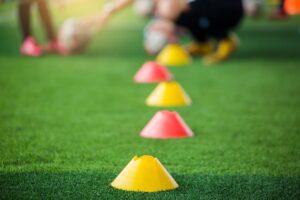The 8 Best Ways to Boost Your Immune System Naturally

A strong immune system is key to maintaining your health and defending yourself from disease-causing germs, viruses, and bacteria. A healthy lifestyle can be instrumental in enhancing your immune system.
With COVID-19 still raging, the threat of infection and re-infection is far from over. Until the COVID wave subsides, the best way to continue your daily battle against the pandemic is to keep yourself well-prepared. Strengthening your immune system is your best defense in the current situation.
It’s possible to boost your immune system naturally. If you are looking for medicine-free ways to boost your immunity, then here are some tips to help you:
1. Keep Your Stress Levels in Check
Stress in moderation can help you achieve difficult tasks. For example, a looming deadline gives the essential adrenalin rush to get your project done. But chronic stress is bad and can lead to several chronic diseases, including those of the heart. Chronic stress also affects your immune system.
Take things as they come and go with the flow where needed. Do not let worry consume you all the time. Allow yourself some quality time off, to relax and unwind.
2. Nourish Your Body the Right Way
Good food that provides excellent nourishment is key to building your immune system. This is because good food equips the body with nutrients important for immune function.
Animal studies show that deficiency of micronutrients such as zinc, copper, folic acid, iron, selenium and copper, modifies their immune response. Presence of vitamins, including E, C, B6 and A, is also crucial for normal immune response.
Good food consists of vegetables and fruits of all colors. Add milk of the low-fat or fat-free variety to your diet. Whole grain varieties and lean protein are also a must.
Eating good also means limiting unhealthy foods. Reduce your intake of foods with added sugars, salt, cholesterol and saturated fats.
3. Exercise Regularly and Stay Active Physically
Keeping fit physically through exercise is basic to healthy living. With regular exercise, you can protect your body from several germ-causing diseases, infections and chronic ailments. Good food along with exercise helps you control weight and reduces anxieties.
With regular exercise, you are also more likely to feel better and sleep better. Other benefits of regular exercise include improved heart health and controlled blood pressure.
If you are not the exercising type, then being physically active can help. It is crucial to keep your body moving. Vulnerability to diseases increases when you lead a sedentary lifestyle.
Physical activity levels differ with age. For example, kids aged 3 to 5 years need to be physically active throughout the day. Enjoyable activities such as outdoor games are a great choice.
Older kids and adolescents need 1 hour of intense physical activity every day. They can benefit from activities such as running, push-ups, climbing and jumping ropes. Activities that strengthen their bones and muscles are a must.
Adults benefit from 150 minutes of physical activity over a period of a week. Moderately intense activities such as brisk walking contribute to health and a strengthened immune system. Muscle-strengthening activities are recommended 2 days a week.
Older adults (65 years and more) can benefit from 150 minutes of moderately intense activities such as brisk walking. In addition, muscle-strengthening and balance-improving activities are key to maintaining health and immune function.
Pregnant women as well as women in their postpartum period can also benefit from moderate intensity exercises. Those with chronic conditions and disabilities too can strengthen their immune system function with physical activities. Consult your doctor for recommendations on the type and extent of physical activities required.



